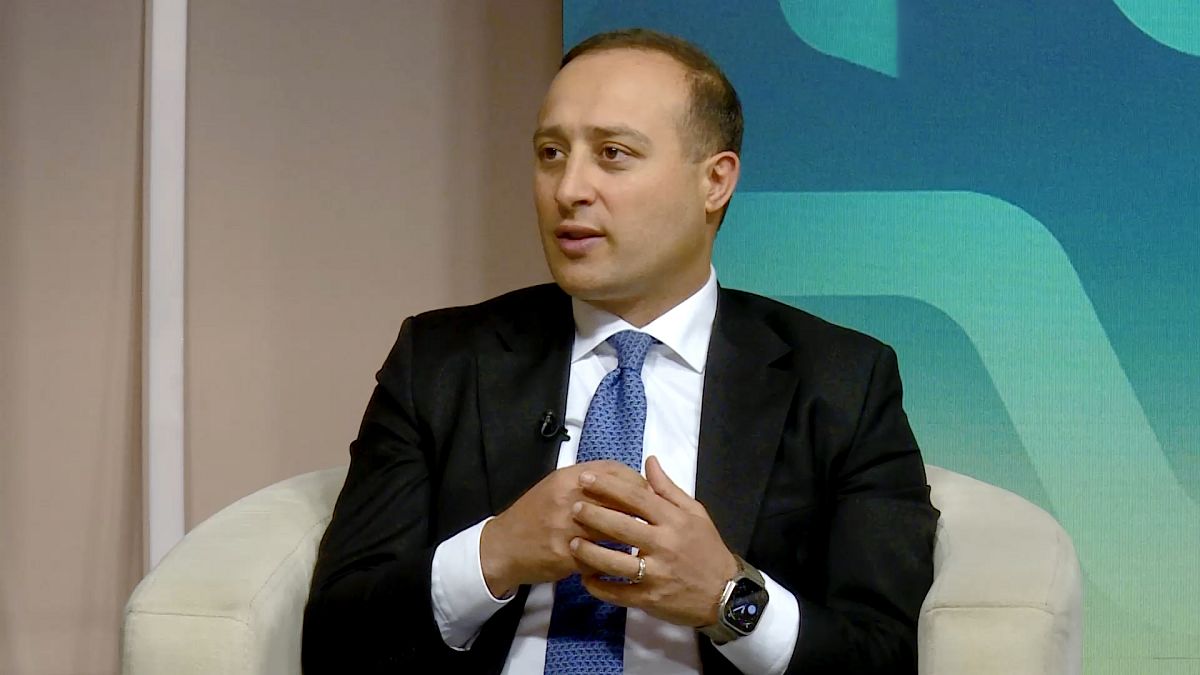

In an era where technological advances are reshaping the landscape of various industries, artificial intelligence (AI) stands at the forefront of this revolution. Evident in sectors as diverse as energy, healthcare, and sports, AI’s integration is fostering innovative solutions and reimagining traditional roles and practices.
Azerbaijan is taking significant steps in its energy sector by embracing AI and smart grid technologies as part of the Fourth Industrial Revolution. Guided by digital innovation, these new systems aim to create more sustainable energy solutions. Fariz Jafarov from Azerbaijan’s Center for the Fourth Industrial Revolution shares insights into how these advancements are enhancing efficiency and reliability in energy management, marking a pivotal shift towards a sustainable future. Through real-time data analysis and automated energy distribution, Azerbaijan is setting a benchmark for others to follow, showcasing the potential of AI in tackling global energy challenges.
Healthcare, another critical sector, is witnessing groundbreaking changes with the introduction of AI tools designed to enhance medical diagnostics. A recent development from Microsoft has demonstrated AI’s ability to identify complicated medical issues with greater accuracy than traditional methods. This new tool, tested in a controlled study, correctly diagnosed the majority of cases, offering hopeful prospects for improving patient outcomes and supporting medical professionals. By leveraging vast datasets and learning from a myriad of patterns, AI is evolving as an indispensable asset in modern medicine, potentially reducing the burden on healthcare systems and facilitating faster, more precise treatments.
Even long-standing traditions are not resistant to the touch of technology. At Wimbledon, AI systems have replaced the iconic line judges, marking a historic change in the tournament’s history. While this innovation promotes accuracy and speed in making line calls, some players and spectators feel a sense of nostalgia for the human element that these judges brought to the game. Nevertheless, the transition to AI highlights a growing trend where precision technology is entrusted with maintaining fairness in high-stakes environments.
Across the globe in China, the world witnessed its first fully autonomous AI robot football match, pushing the boundaries of artificial intelligence in sports. The event showcased robots engaging in a three-a-side game, highlighting both the capabilities and limitations of current AI technology in dynamic real-world scenarios. While the humanoid robots exhibited some difficulties with basic football maneuvers, the match represents a significant milestone in AI development, pointing towards the future of fully autonomous sports and entertainment.
The transformation driven by AI across these sectors reflects a broader narrative of technological evolution challenging and enhancing traditional practices. As AI continues to evolve, its capacity to improve efficiency, accuracy, and sustainability across multiple domains becomes increasingly apparent, encouraging a harmonious blending of technology with human innovation.
Source: {link}
